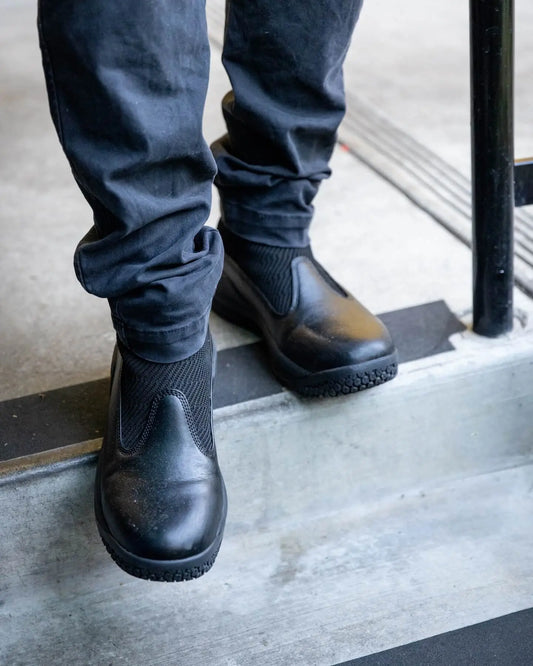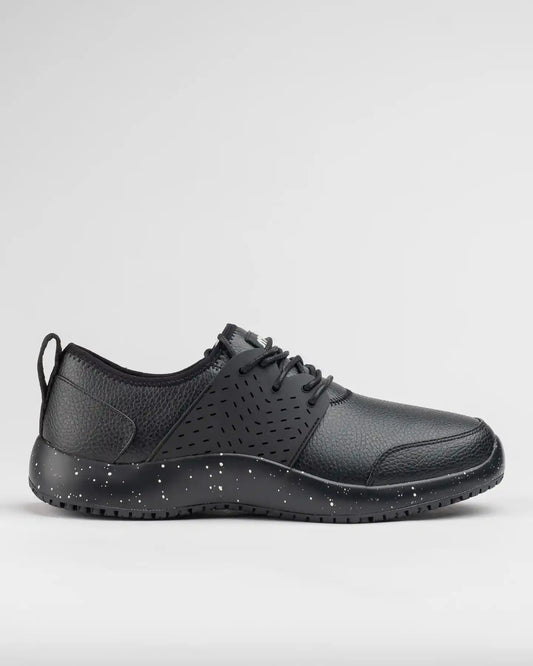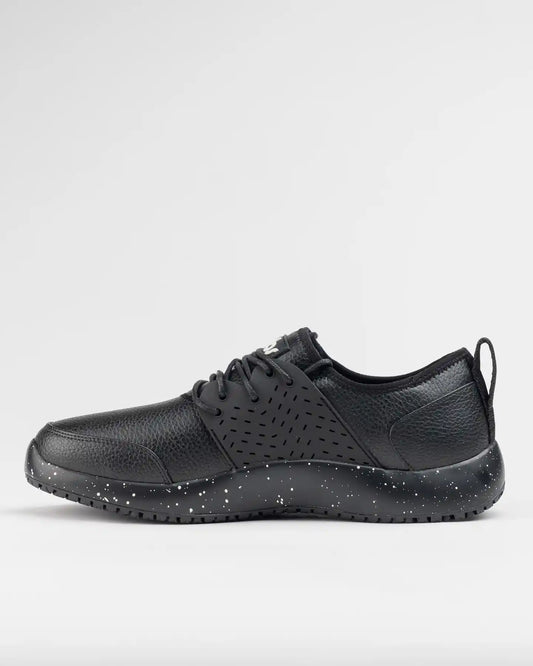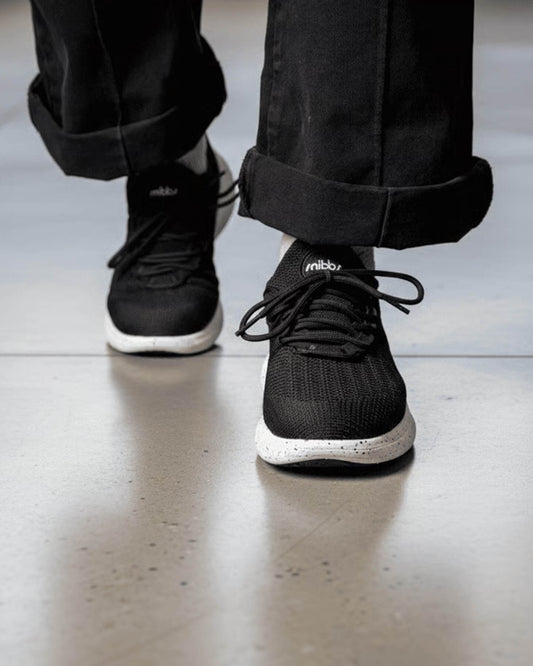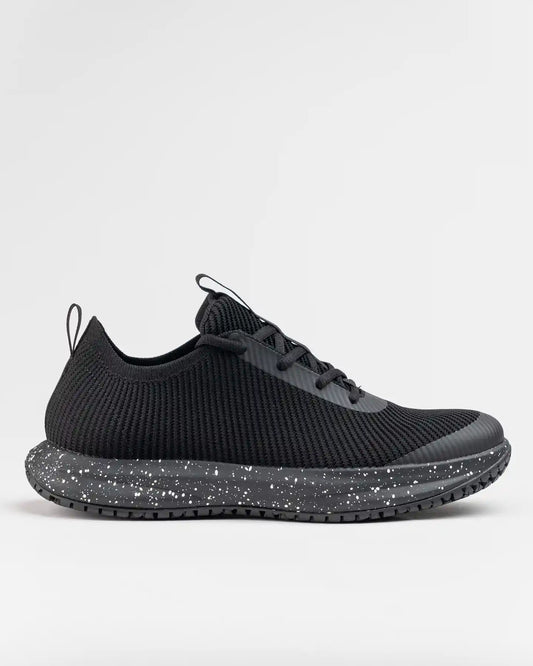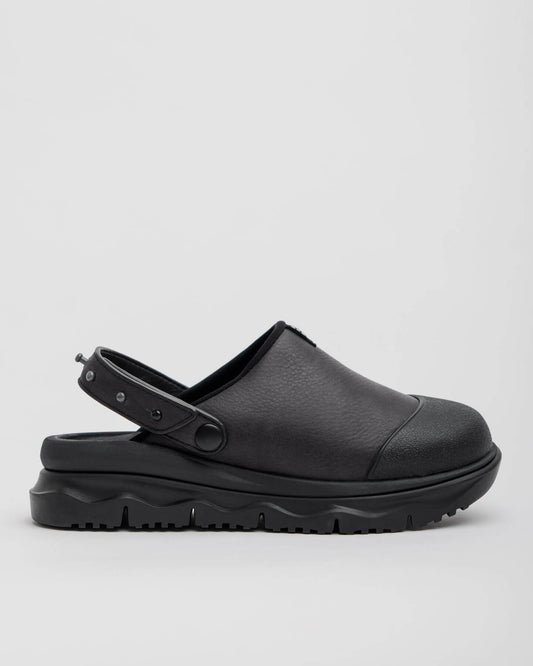12 Self Care Tips for Healthcare Workers
Alex Kinejara
Between attending to patients on the frontlines and navigating unpredictable schedules and stressful conditions, it’s common for healthcare professionals to prioritize others’ needs above their own
Long hours on the floor are one the many physician burnout causes and can take a toll on the mental, emotional, and physical health of healthcare workers. It’s critical to establish self-care for healthcare workers that’s easy to implement before, during, and after your hours-long shifts.
The Importance of a Self-Care Routine
Self-care is a practice that empowers individuals to look after their health—and it runs much deeper than the occasional aloe face mask or lavender foot massage (although both can do wonders to ease stress after a long day!).
More specifically, the World Health Organization defines self-care as “the ability of individuals, families, and communities to promote their own health, prevent disease, maintain health, and to cope with illness and disability with or without the support of a health worker.”1
The purpose of a self-care routine is to ensure that you’re able to live your best life by:
- Making healthy lifestyle choices
- Prioritizing family (and alone) time
- Being mindful
An effective self-care routine includes actions that genuinely fill your cup. As you continue to prioritize your health, you’ll notice that your aches and pains start to decrease, your mind won’t race (at least, not as much), and you’ll feel more prepared to take on the world—and your next patient.
Self-care activities for doctors are particularly important: Healthcare professionals often experience psychological distress such as insomnia, stress-related anxiety, irritability, and feelings of hopelessness as a result of their day-to-day experiences and responsibilities.2 As a result, healthcare professionals are extremely susceptible to issues like compassion fatigue, burnout, and chronic stress.
For physicians, self-care involves setting healthy work-life boundaries to provide plenty of time to mentally and physically recharge before their next shift.
Remember, self-care doesn’t require going on a month-long vacation for a factory reset. There are small, actionable steps that you can take to incorporate self-care into your daily routine.
Self Care Tips For Physicians and Healthcare Workers
With an unpredictable schedule, it can feel daunting to establish a regular, time-slotted self-care routine. One evening, you may have plenty of time to cook yourself a nutrient-rich dinner and soak in a warm bubble bath, and the next you’re spending the night checking vitals and dressing wounds.
To attend an atypical schedule, healthcare workers can segment each practice into life before, during, and after work.
Self-Care Before Your Shift
The healthcare system is a fast-paced and often stressful profession. And that’s what you love about it, right? Except for when you don’t.
Although you might not be able to change the pace of your job, you can change how you respond to it. Good mental health habits can help you deal with whatever work throws at you—including how to get through 12 hour shifts when everything seems to go wrong:
- #1 Practice Mindfulness – Many people mindfulness and gratitude practices for grounding themselves in a better headspace. Take 30 minutes to meditate, practice a deep-breathing exercise, or simply make yourself a warm cup of tea. Mindfulness can improve your mental clarity, boost concentration, and enhance emotional intelligence.3
- #2 Move Your Body – Simply learning how your body responds to stress is the first step in being able to calm yourself during situations that trigger your fight, flight, or freeze responses—which can pay off dividends during the next unexpected rush. Before your shift, perform a yoga routine or go on a quick jog to regulate your nervous system.
- #3 Surround Yourself With Positivity – On your way to work, use positive affirmations to redshift your mindset if you’re feeling particularly anxious, groggy, or unmotivated. Following social media accounts that share good and heart-warming stories is also an effective way to infuse your day with kindness and positivity.
If your pre-shift moments are dedicated to caring for your family or running household errands and you’re unable to fit self-care practices into your routine, ask your workplace if they offer any mental health training for employees to get the support you need.
Self-Care During Your Shift
Running between wards and wings may not seem like the most opportune time for some self-care, but the hustle and bustle of healthcare work lends itself to physical activity.
It’s recommended to have at least 30 minutes of activity every day, but nobody said you have to do it all at once. Performing a few jumping jacks before seeing the next patient or going for a 10-minute walk on your break can help reduce anxiety and depression and improve self-esteem and cognitive function.4
To take care of your mental and physical health on the job, you can also heed the following:
You tell your patients that what goes in their bodies will make a massive difference in how they feel. But how often do you remember that advice yourself? During work, remember to:
Self-Care After Your Shift
After a long shift, you can feel mentally, emotionally, and physically drained. This may be the moment when you head home, collapse on your couch, order pizza, and spend the rest of your free time binging a mind-numbing Netflix show.
Although your body may be calling out for exactly that, incorporating some healthy habits into your life at home can do wonders for your overall health:
Support Your Health (And Your Arches) With Snibbs
Oftentimes, doctors, physicians, and nurses are susceptible to mental, emotional, and physical burnout. However, as a healthcare professional, your health is just as important as the patients you treat.
Fortunately, self-care routines and practices, such as mindfulness, exercise, and rest, can bring your mind and body back to homeostasis.
To keep you on your feet, Snibbs offers a line of sustainable doctor’s shoes made for shifts on the hospital floor. They’re slip-on and slip-resistant, for all-day comfort—no matter where the day takes you.
Reinvent your everyday comfort with Snibbs slip-resistant work shoes.
Sources:
- World Health Organization. Self-care interventions for health. https://www.who.int/news-room/fact-sheets/detail/self-care-health-interventions
- Frontiers in Public Health. Prioritizing the Mental Health and Well-Being of Healthcare Workers: An Urgent Global Public Health Priority. https://www.frontiersin.org/articles/10.3389/fpubh.2021.679397/full
- APA. What are the benefits of mindfulness. https://www.apa.org/monitor/2012/07-08/ce-corner
- The Primary Care Companion to The Journal of Clinical Psychiatry. Exercise for Mental Health. https://www.ncbi.nlm.nih.gov/pmc/articles/PMC1470658/
- Head to Health. Purposeful activity - hobbies. https://www.headtohealth.gov.au/meaningful-life/purposeful-activity/hobbies
- VeryWellMind. The Dangers of Bottling Up Our Emotions. https://www.verywellmind.com/the-dangers-of-bottling-up-our-emotions-5207825
- Mayo Clinic. Water: How much should you drink every day? https://www.mayoclinic.org/healthy-lifestyle/nutrition-and-healthy-eating/in-depth/water/art-20044256




